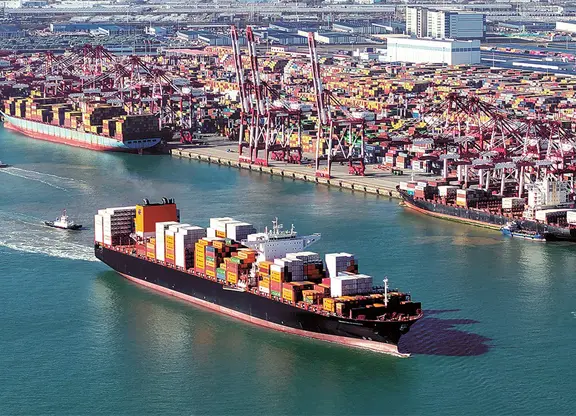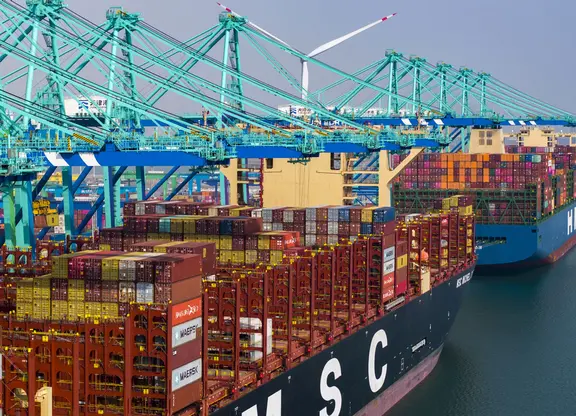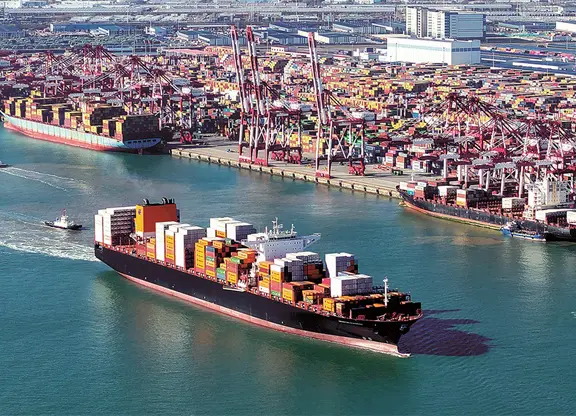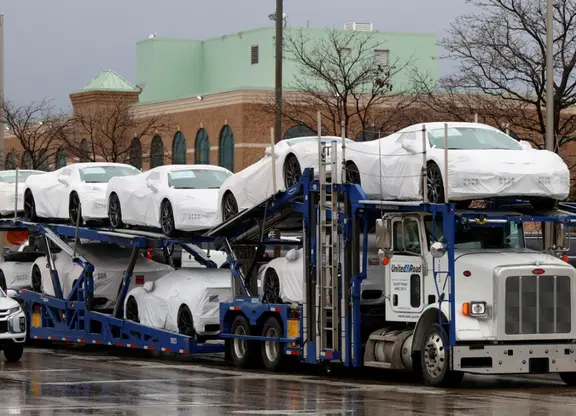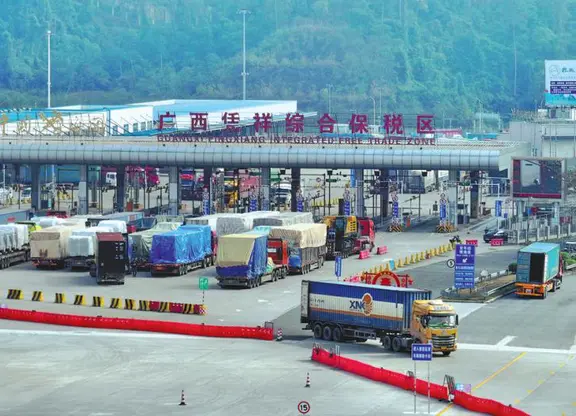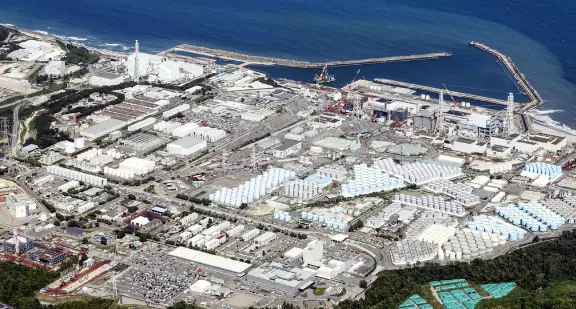Border disruption following a no-deal Brexit could create serious security weaknesses and be exploited by organised criminals, according to a leading government watchdog, which said ministers are rapidly running out of time to prepare for wider frontier problems after departure.
Noting that many businesses are also largely unprepared, the National Audit Office (NAO) said there could be significant problems even if a Brexit deal is agreed, given continued uncertainty over how any agreement might work.
Delays could drag on into the long term, the study said, noting that new border infrastructure at ports, airports and other sites could take up to three years to construct.
The report on border preparedness, following on from a similar NAO study a year ago, said it agrees with the government’s assessment that frontier procedures will be “less than optimal” post-Brexit.
The government has not defined what this might mean, the report noted, “but this could include delays for goods crossing the border, increased opportunities for tax and regulatory non-compliance and less information to inform checks of people crossing the border”.
It says that while ministers have argued border checks could be eased temporarily to alleviate disruption, organised criminals “are likely to be quick to exploit any perceived weaknesses or gaps in the enforcement regime”.
Such a situation, coupled with a possible loss of access to EU security and law enforcement resources, “could create security weaknesses which the government would need to address urgently”, the report said.
It follows a warning from the head of the National Crime Agency that a no-deal Brexit could mean efforts to tackle organised crime are “significantly impacted”. Lynne Owens, the director-general of the agency, said the potential loss of cross-border cooperation meant her organisation was “deeply concerned about the consequences of a no-deal Brexit”.
Meanwhile reports suggested that Tuesday’s cabinet meeting had included a briefing to ministers about how chartered ships could be used to bring in supplies of medicines, as well as food, in the event of port chaos following a no-deal Brexit.
The Department for Transport (DfT) is known to be looking at options for freight if major routes, such as Dover to Calais, are clogged with vehicles held up by customs delays. The reports said ministers were briefed that one possibility would be for the government to charter ships, or space on ships, to bring in essential supplies via other routes.
A DfT spokesman said: “We are continuing to work closely with partners on contingency plans to ensure that trade can continue to move as freely as possible between the UK and Europe.”
The NAO report detailed a series of wider potential issues, highlighted by the fact that 11 out of 12 critical IT systems at borders have been assessed as being at risk of not being ready on time. It also identified two “uniquely difficult” post-Brexit challenges: arrangements for freight trucks carried on so-called roll-on, roll-off (ro-ro) ferries, such as those between Dover and Calais; and the situation at the Ireland-Northern Ireland border.
With ferries, the NAO noted that goods being shipped to the UK for “just in time” supply chains use the great flexibility of such services, with hauliers often switching routes at the last minute, depending on weather conditions or the traffic. Even a relatively frictionless arrangement would require companies to give some sort of pre-notification of what goods are crossing and where, a big change for traders and hauliers, and is likely to cause delays.
On the Irish border, the report found that the Border Planning Group (BDG), a cross-government oversight group set up by the Cabinet Office, has only just begun detailed planning work for Northern Ireland, while the government has made no policy decision for customs arrangements at the border in the event of no deal.
While the bulk of the report covered the lack of time to prepare properly for a no-deal Brexit, it noted that even if an agreement is sealed, it will be a significant challenge to be ready for the scheduled end of the transition period in December 2020.
Border planning for a deal-based departure is notably less detailed so far than for no deal, the NAO said, because of the “ongoing uncertainty” over precisely what a deal might involve.
On no-deal planning, the report details the extra responsibilities that will be placed on both businesses and officials, saying that such a departure would result in the current annual total of 55m customs declarations needed for the UK’s borders rising to 260m.
Time is also running very short to recruit and train sufficient new staff for a no-deal Brexit, the NAO said. This would most probably need an extra 2,000 Border Force employees, who would not all be in place for March next year.
Responding to the report, the Federation of Small Businesses said it was “dreamland stuff” to believe the border systems would be ready in time.
Mike Cherry, the organisation’s chair, said: “The likelihood is that our small business traders will face delays for goods crossing the border, while also being hit with extra costs associated with new customs arrangements and tracking requirements.”
A government spokeswoman said: “Extensive work to prepare for a no deal has been well under way for almost two years and we have robust plans in place to ensure the border continues to operate from the day we leave.
“Future IT systems and infrastructure are already being built and, as they do today, HMRC will continue to apply an automated, risk-based approach to customs checks.”
(THE GUARDIAN)
 简体中文
简体中文




